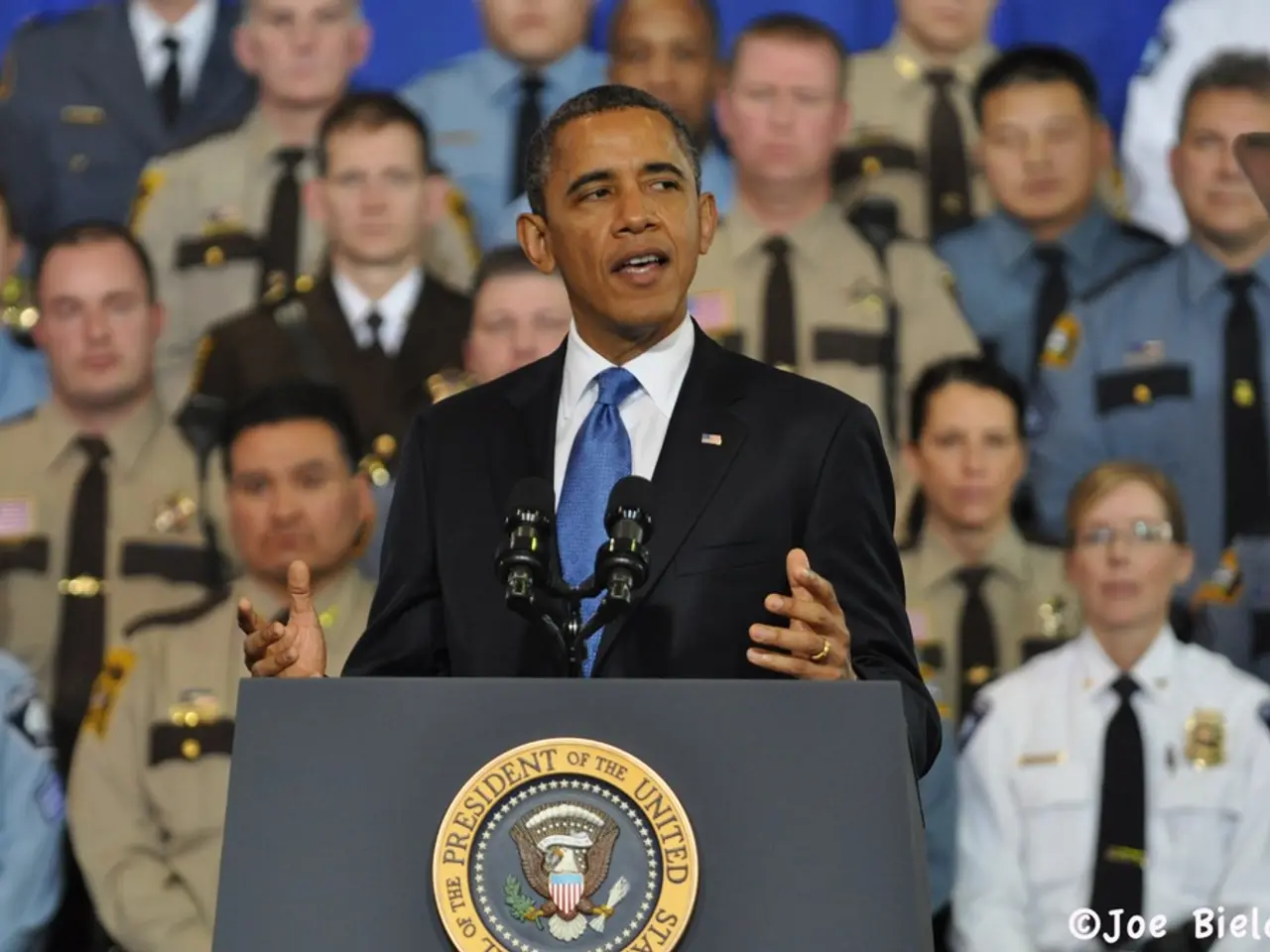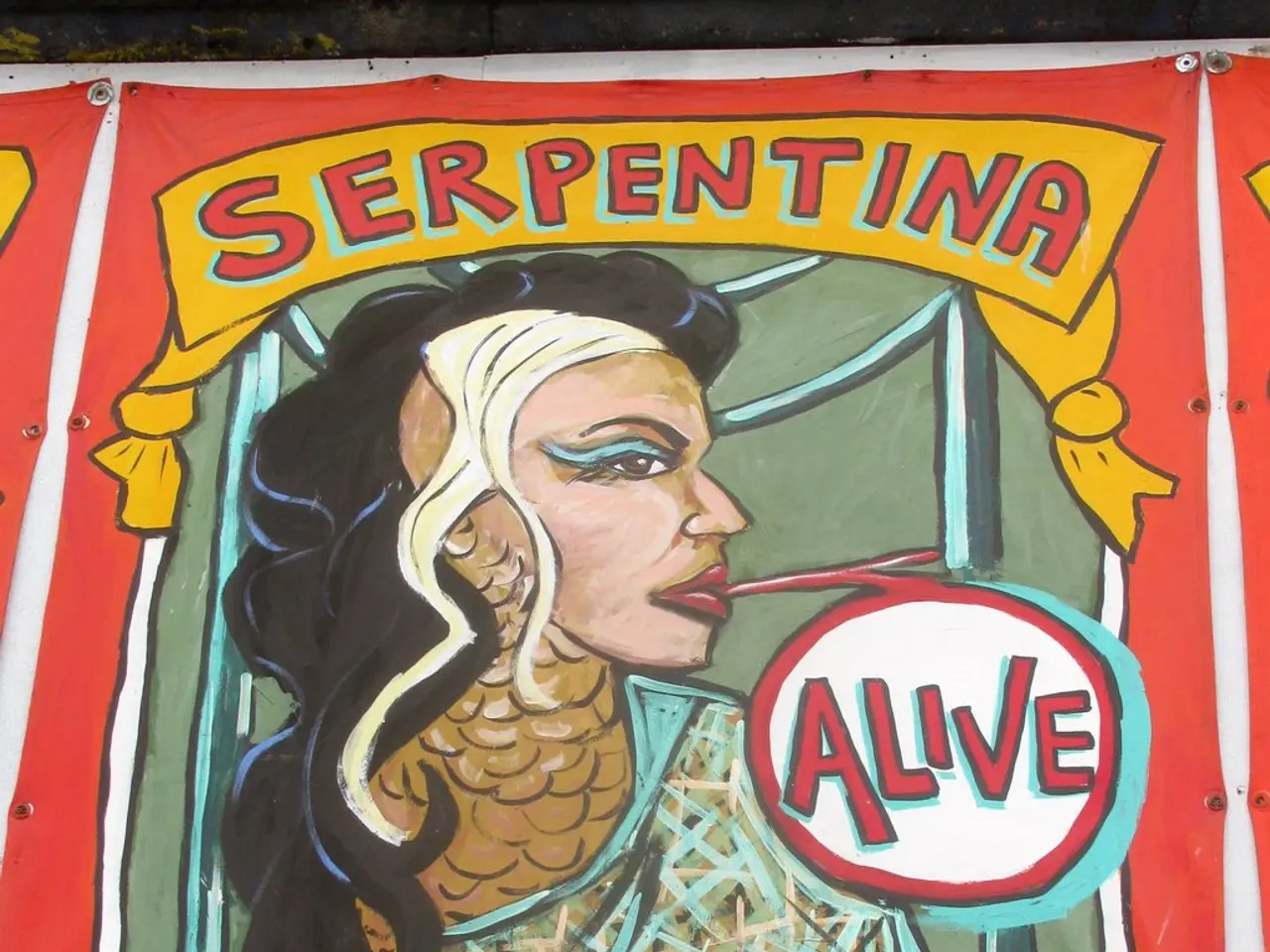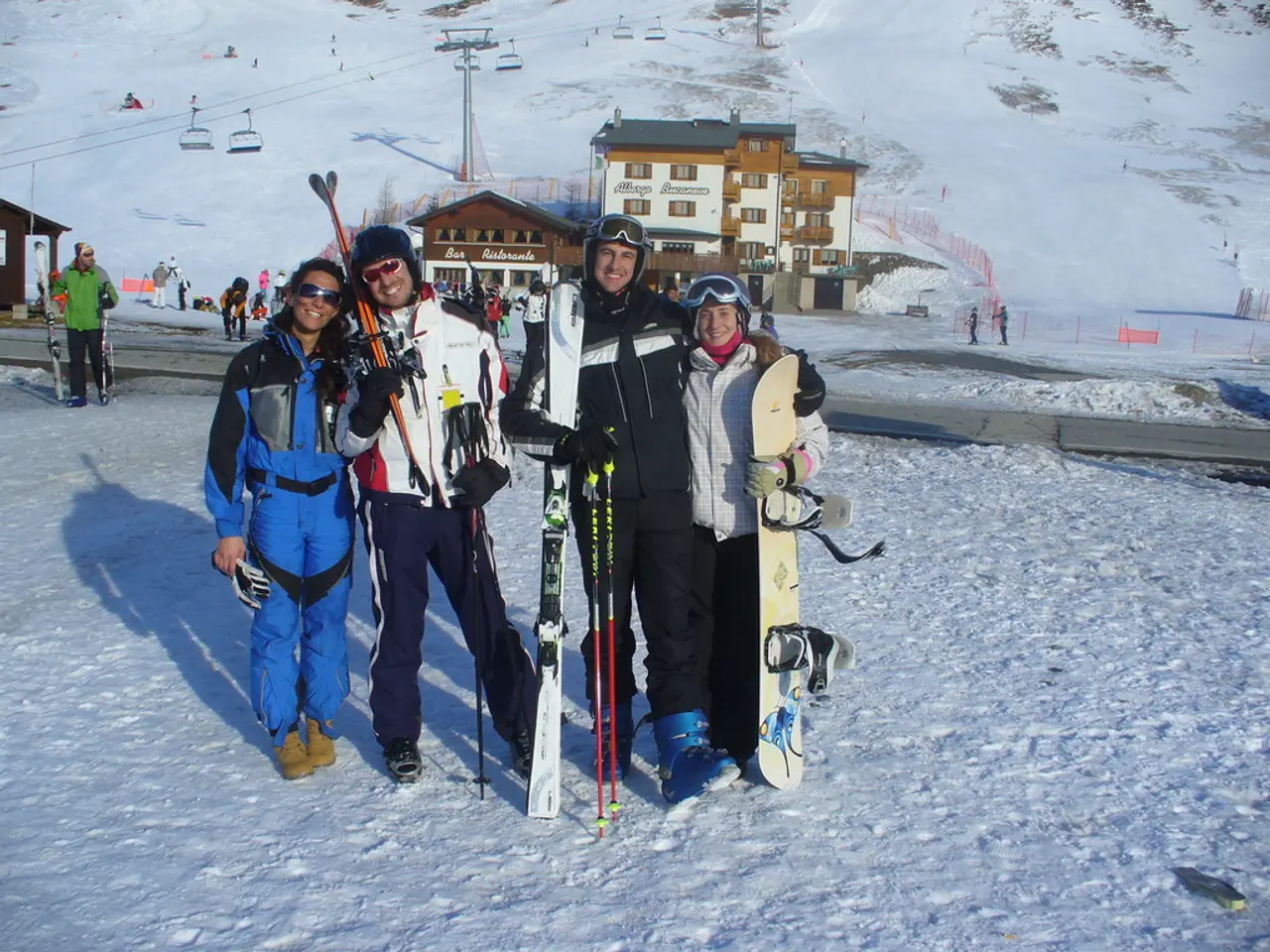Demand for Reason and Mentality
In a significant move, senior leaders of the Pakistan Tehreek-e-Insaf (PTI) party, including Shah Mahmood Qureshi and Dr Yasmin Rashid, have penned a letter appealing for immediate and inclusive political dialogue to resolve the ongoing crisis in Pakistan. The authors, who have endured over two years of incarceration following the May 9 events, stress the need for direct, consistent consultation with party leader Imran Khan to lend legitimacy to any negotiating team.
The letter, viewed as a gesture of political maturity and a plea to rescue Pakistan from an entrenched state of confrontation and institutional imbalance, comes at a time when Prime Minister Shehbaz Sharif's recent overtures towards political dialogue can no longer remain rhetorical. The call for dialogue is a necessary internal intervention and possibly a last-ditch attempt by PTI veterans to steer the party towards relevance.
The letter's authors are PTI loyalists who have paid a steep personal price and remain committed to their party. The appeal for dialogue suggests a division within PTI's senior leadership regarding engagement strategy, with incarcerated leaders pushing for pragmatic dialogue while the party’s central leadership under Khan holds a more rigid, confrontational approach.
Despite this call for dialogue by incarcerated PTI leaders, the party under Imran Khan’s leadership currently maintains a firm stance against negotiating with the government, insisting that any talks should only be held with those who wield real power, specifically the military establishment. Khan has shown an inflexible position on dialogue since his ouster, refusing to engage directly with the political parties currently in government. This hardline stance has led to reports of rifts within PTI ranks, with some party members advocating for a softer approach to enable political space and relief by engaging in talks with the government, but Khan’s position remains unchanged.
At the same time, PTI leadership publicly reaffirms its unity and commitment to defending its provincial government in Khyber Pakhtunkhwa under Khan's vision, rejecting any unconstitutional moves to destabilize their political presence. They vow to resist no-confidence attempts against their KP government firmly, maintaining a united front despite the ongoing crises and pressures.
Wednesday's press conference by the whole gamut of PTI leaders should be seen as a response to the letter and the sword hanging over the KP government post-reserved seats. The dialogue, if initiated, should not be a one-off engagement but a sustained process, advocated by the authors of the letter as the only way out of the crisis. Engaging with moderate PTI voices could open a path to a broader political settlement and help neutralise hardliners.
The current hybrid power dynamic may seem firmly in place, but exclusion breeds instability, and a weakened PTI should be viewed as a moment to bring it back into the fold under pragmatic terms of political engagement. Mobilization by the PTI, while a legitimate political tool, is questionable given the shrinking party space and incarceration of core leaders. The PTI's current posture of confrontation, particularly among hardliners and exiled social media figures, risks further marginalisation.
In conclusion, the letter from senior PTI leaders serves as a call for political stability in Pakistan, emphasising that it cannot be built on the erasure of dissent or the forced obsolescence of opposition. The authors of the letter insist on their involvement in any negotiation process and urge the party to prepare for a political movement after Ashura. The letter represents a voice of reason, moderation, and experience in the current political discourse, offering a potential way forward for Pakistan's political landscape.
- The PTI leaders who wrote the letter appealing for dialogue are desperate to rescue the world of Pakistan from its current state of confrontation and institutional imbalance.
- The US, along with other international parties, should pay attention to the internal division within the PTI, as the incarcerated leaders are pushing for pragmatic dialogues while Imran Khan's central leadership maintains a rigid, confrontational approach.
- In the general news, PTI's call for dialogue is a necessary internal intervention and possibly a last-ditch attempt to steer the party towards political relevance and a broader political settlement, which could neutralise hardliners.
- Although the government's recent overtures towards political dialogue can no longer remain rhetorical, the policy-and-legislation ruling party needs to consider the demands raised in the letter and engage with moderate PTI voices to ensure political stability in Pakistan.






